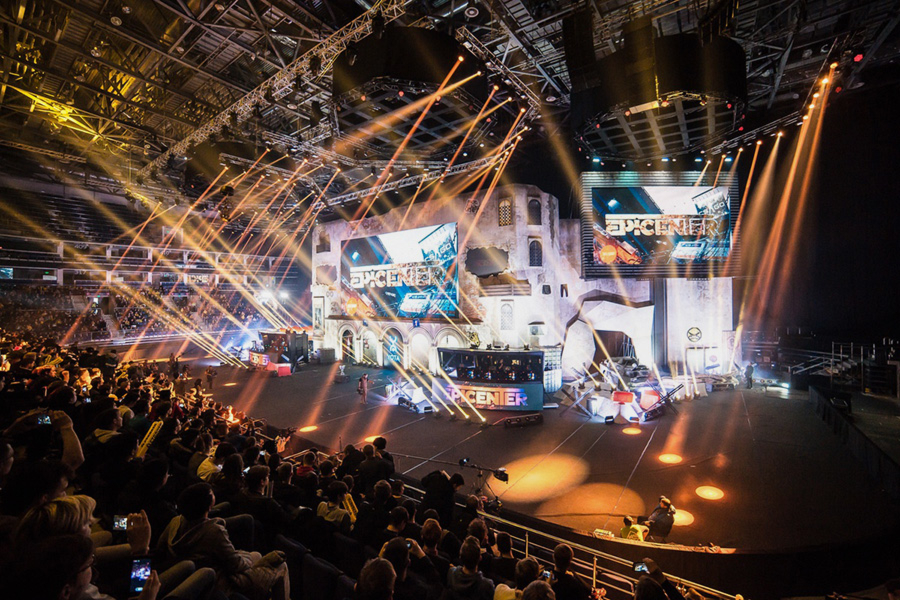Esports, a form of sports competition using video games, has evolved from niche entertainment to a mainstream phenomenon in just a few decades. With millions of participants and viewers, esports has become a significant economic and cultural force. This growth, however, brings challenges, particularly in governance and regulation. Ensuring competition integrity while promoting player welfare is critical for the sustainability of esports. This essay explores the current landscape of esports governance, the mechanisms for maintaining competition integrity, the state of player welfare, and how the industry can balance these pivotal elements.
Competition Integrity: Upholding Fairness in Esports

Competition integrity is paramount in esports, as in any sport. It ensures that the outcomes of competitions are fair and based on the skill and strategy of the competitors. Key factors influencing integrity include cheating, use of performance-enhancing software, and match-fixing. Organizations like the Esports Integrity Commission (ESIC) play a crucial role in setting standards and enforcing rules. Advanced technologies such as anti-cheat software and rigorous tournament monitoring are employed to uphold these standards. These tools help maintain a level playing field and ensure that the competitive spirit of esports remains untainted. However, as the esports landscape continues to evolve, so do the methods of cheating and manipulation. Continuous vigilance, adaptation, and collaboration among stakeholders are essential to stay ahead of these threats and preserve the integrity of competitions.
Player Welfare
Player well-being can sometimes be overshadowed by the pursuit of profit in the competitive gaming scene. Comparable to their counterparts in classic sports arenas, gamers engaged in this digital competition face their own set of physical and mental demands. The rigors of intensive practice schedules, the risks of overuse injuries, and the toll on mental health are widespread. This section delves into the protections in place for these gamers, such as essential health evaluations, mental health support networks, and regimented practice schedules. Showcasing leading approaches from prominent gaming entities, it stresses the vital need for all-encompassing health and well-being strategies for players. Implementing such strategies poses its own set of obstacles; smaller entities might struggle with resources or know-how needed for effective support. Additionally, the worldwide reach of competitive gaming presents the challenge of setting universal standards for gamer well-being. Tackling these issues demands a collective push from the entire ecosystem, including the gamers, their teams, event organizers, and regulatory authorities.
Balancing Competition Integrity and Player Welfare

Striking a balance between competition integrity and player welfare is crucial for the long-term success and sustainability of esports. While measures to ensure fair play and prevent cheating are essential, they should not come at the expense of players’ well-being. Esports organizations and governing bodies must adopt a holistic approach that recognizes the interdependence of these two aspects. This can be achieved through several strategies. First, the development of comprehensive codes of conduct and regulations that cover both competition integrity and player welfare. Second, the establishment of independent oversight mechanisms to monitor compliance and address grievances. Third, the promotion of education and awareness programs to help players understand their rights and responsibilities. Finally, fostering a culture of transparency, accountability, and open dialogue among all stakeholders to identify and address emerging challenges.
The Future of Esports Governance and Regulation
As the competitive gaming sector expands, the importance of robust governance and regulatory frameworks intensifies. Learning from the triumphs and pitfalls of conventional sports is crucial, yet it’s equally important to address the specific challenges brought on by the sector’s digital essence. Prospective advancements may involve the formation of comprehensive international oversight organizations, harmonizing standards across various competitions and platforms, and creating tailored mechanisms for conflict resolution. As the lines between competitive gaming and traditional sports and entertainment blur, collaborative efforts and the exchange of expertise will become vital in managing the intricacies of governance and oversight.
Balancing competition integrity with player welfare is a critical challenge for the esports industry. By adopting a holistic approach that recognizes the interdependence of these two aspects, and by fostering collaboration among all stakeholders, esports can create a sustainable and thriving ecosystem that benefits players, organizations, and fans alike. As the industry continues to evolve, effective governance and regulation will be key to realizing the full potential of esports as a global phenomenon.
